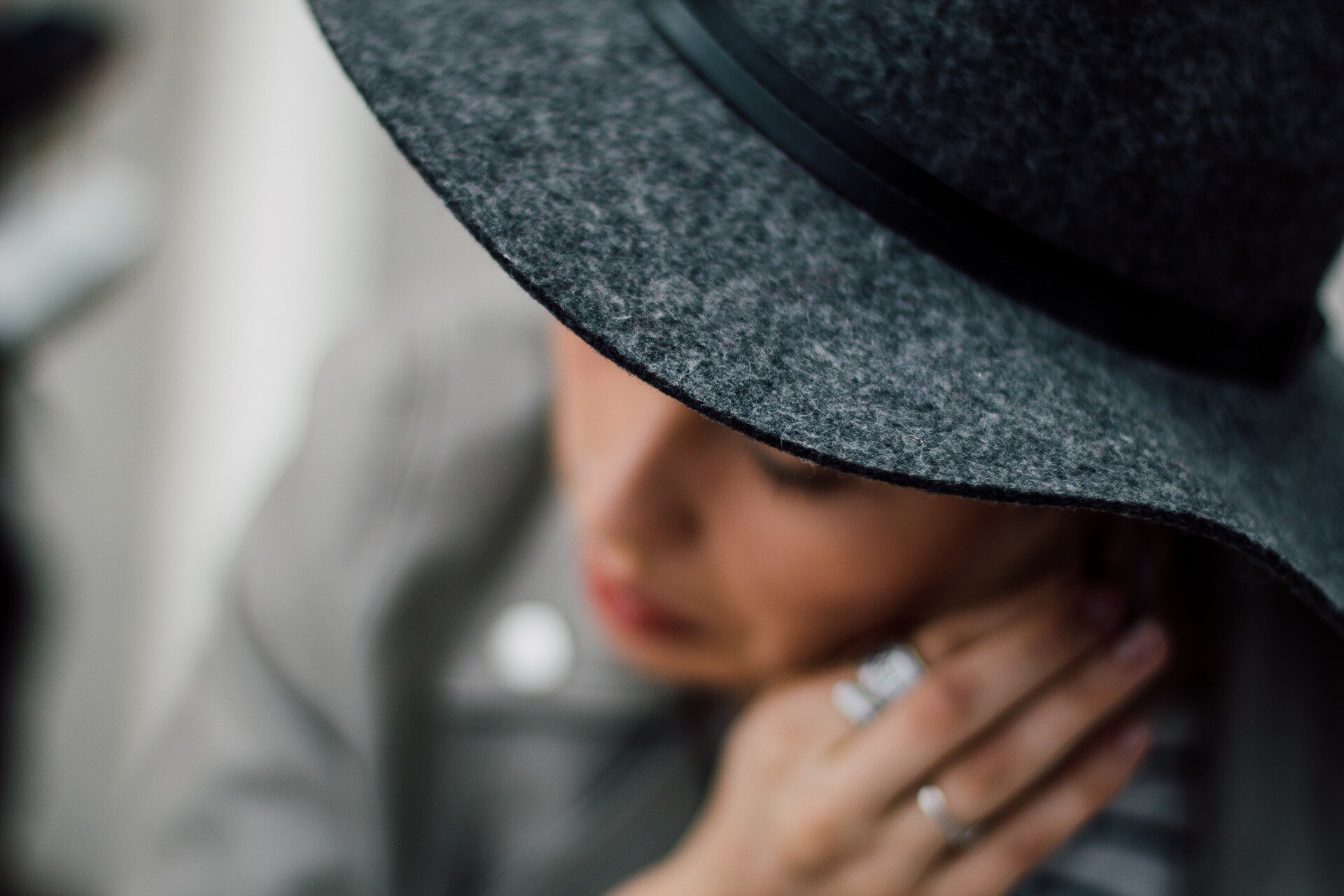Years ago, during my vagabond bartender phase, I worked in New Orleans for a very colorful and flamboyant family, the Karnos.
They were the last of the "old-time French Quarter" families who used to run all the restaurants and bars in the Quarter with an iron fist.
As one of my sister bartenders put it: “This is not a democracy.”
In their heyday the Karnos owned some legendary burlesque strip clubs, but by the time I got there, they ran a few bars on Bourbon street and talked a lot about those days.
For instance, Blaze Starr (a redheaded burlesque stripper who had had an affair with Earl Kemp Long) had worked for them.
Miss Billie, my boss, had come there at 16 from Mississippi and worked as a stripper and lured Mr. Nick (who was deceased by the time I got there) away from his first wife and kids to marry her and have a second family. The Karno daughters taught their friends how to twirl tassels from their nipples when they were children.
The kind of salacious scandalousness typical of sinful cities like New Orleans, but one of their human treasures was Miss Corky.
She was one of their general managers, and had worked for the Karnos for decades.
According to the story, which I heard directly from Miss Corky, she had started working for the Karnos when Mr. Nick "bought" her from one of the other families.
Bought her?
"Yeah," she said. "He paid my boss to fire me, so he could hire me. Nobody stole employees back in those days."
Miss Corky was one of the first people in the country to undergo male to female transsexual (as it was called then) surgery. She had always presented as a woman, what used to be known as a transvestite.
She must have had a vivid reputation – which is no small achievement in the French Quarter in New Orleans in the late 60’s. She had managed a strip club when Mr. Nick heard about her, “bought” her, so she then managed the Karno strip clubs.
There was a reason Mr. Nick went to that much trouble. Miss Corky was good for business because she was formidable, a truly unforgettable human being.
Miss Corky was always “dressed” as they said in New Orleans. No casual wear for that woman, every day she donned cute dresses with matching accessories of shoes, jewelry, color-coordinated tights or panty hose (no matter how hot and humid it was), her hair always done, and her make-up immaculate.
She was a vision.
She stood over 6 feet tall, had skinny legs, and busty in a way that comes from blessings of the gods of silicone.
Her wit was razor sharp and faster than lightning.
On one day, when Miss Corky looked particularly dazzling, a bartender was terrifically impressed.
“I love your dress, Miss Corky! How much did that cost?”
“About 200 blow jobs,” Miss Corky replied without missing a beat, and a toss of her head.
Maybe it was all those years managing strip clubs, but she had a crude sense of humor, and nothing was off limits. And I mean nothing.
She often pulled up her dress to show off “these lips” of her vagina. I think my mouth dropped the first time I saw her do that, while the bar manager and head bartender laughed.
She had a biting tongue if you pissed her off, and didn’t suffer fools at all, much less gladly. With that wit, Miss Corky blasted the egos of the weak, the unstable, and the addicted who thought they could put one past her.
The bar industry has always had its share of alcoholics, whose addictions get the better of them to the point that they aren’t employable. And in a city like New Orleans, the bar industry has more than its fair share.
Anyway, John was a pretty nice guy, and had been a bartender for a long time. But he had a horrible drinking problem, and couldn’t seem to work sober. He often showed up drunk, and drank while on the job.
Anyway, one day, Miss Corky called him out on it, and John tried to deny it. In response, Miss Corky put her finger in his “soda,” licked it, and immediately tasted the vodka.
“Who the fuck do you think you’re talking to?”
Needless to say, John lost his job that day.
Miss Corky was tougher than hell, yet very compassionate - depending on what the situation called for, and frankly, if she liked you.
She often got in my face for being so introverted, and told me I needed to get myself out there and enjoy myself.
“You really need to get with the program, honey. As Auntie Mame always said: ‘Live! Live!’”
So I took her advice. Of course, I did.
When the time came for me to move on, I gave notice. On my last night Miss Corky patted my shoulder and smiled.
“You’re going to miss me once you’re gone, won’t you? I bet you’ll tell stories about me.”
She certainly got that right.
Miss Corky commanded respect. They really don’t make them like that anymore.
I’m sure she’s dead by now. She was in her 60’s when I was knew her in the late 90’s.
But if she’s not, I’ll bet she’s still a glory.

